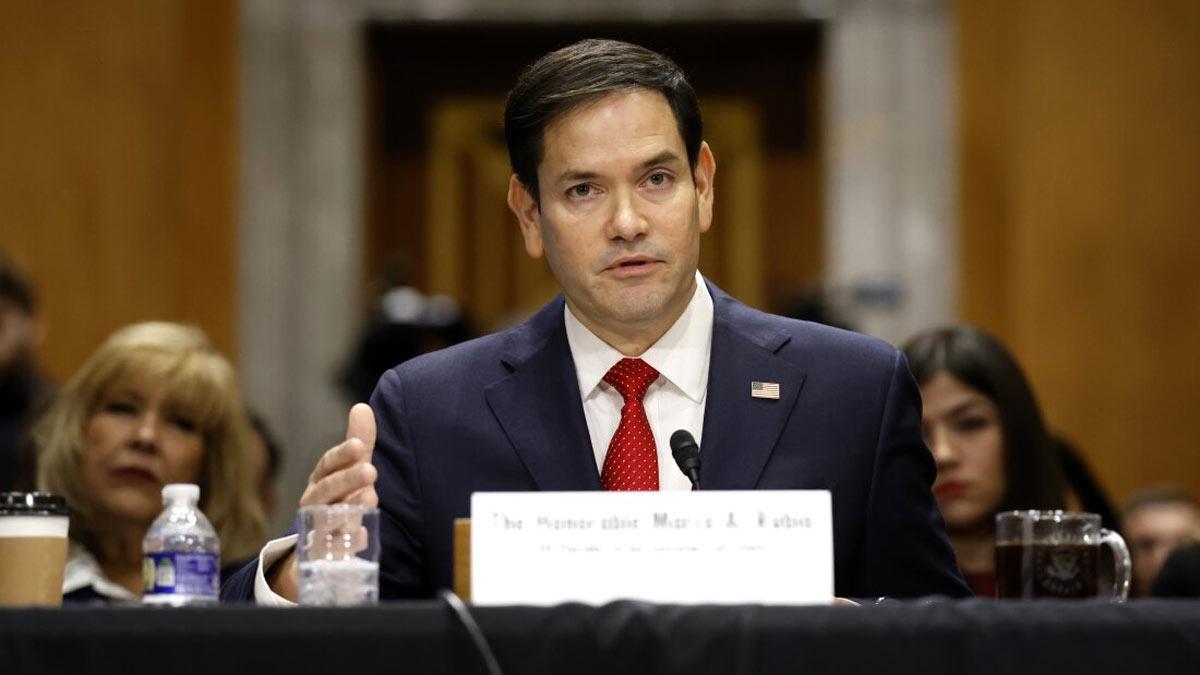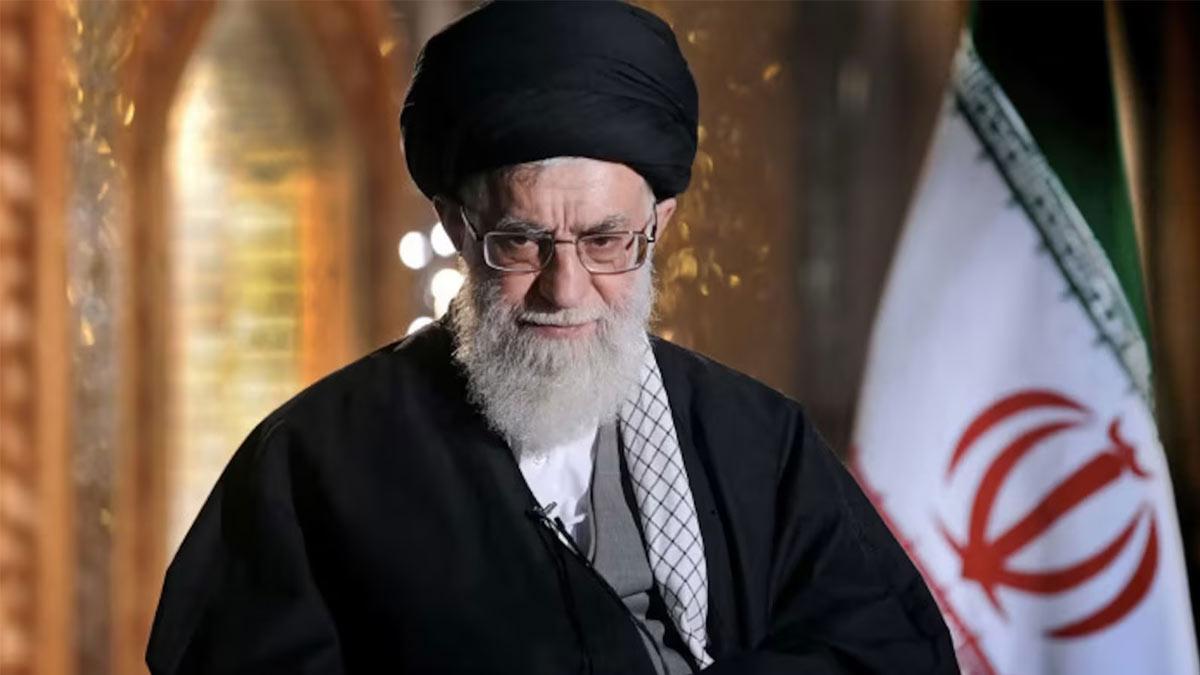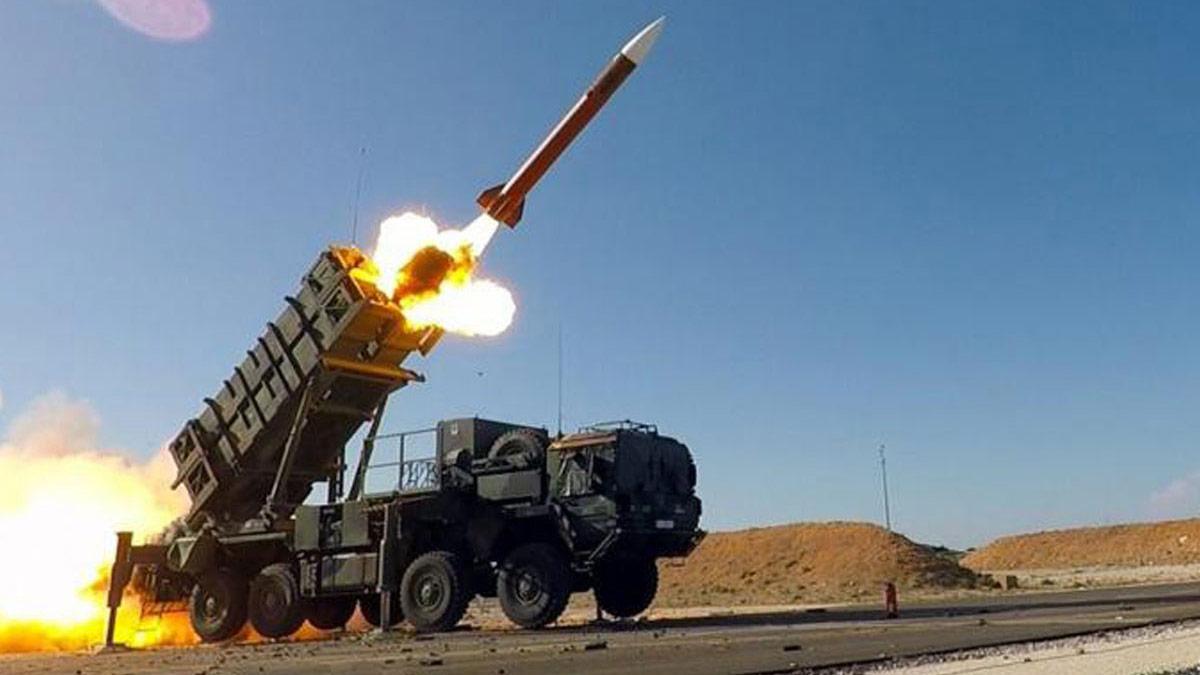US Secretary of State Marco Rubio called Pakistani Prime Minister Shehbaz Sharif on Thursday (local US time) to discuss rising tensions in the Middle East, State Department Spokesperson Tammy Bruce said.
Secretary Rubio made it clear during the call that the United States stood firmly against Iran's nuclear aspirations. "Iran can never develop or acquire a nuclear weapon," he asserted to Prime Minister Sharif, according to Bruce's official statement.
Emphasizing the importance of diplomatic coordination, Bruce added, "Secretary of State Marco Rubio today spoke with Pakistani Prime Minister Muhammad Shehbaz Sharif about developments in the Middle East. Secretary Rubio urged that Iran can never build or obtain a nuclear weapon. The two leaders recognized the value of cooperation to advance a lasting peace between Iran and Israel and regional stability.
This dialogue followed in the midst of Operation Midnight Hammer—a US military operation against Iran's major nuclear facilities. The operation was centered on three strategic sites: Fordow, Natanz, and Isfahan.
U.S. Joint Chiefs of Staff Chairman General Dan Caine made some additional comments on the mission while providing a press conference at the Pentagon. "About 6:40 PM EST, 2:10 am Iran time, the lead B-2 released GBU-57 MOP (Massive Ordnance Penetrator) bombs on the first of multiple target points at Fordow," Gen. Caine announced.
He highlighted the precision and intent of the operation, declaring, "At the President's direction, US Central Command, led by General Erik Kurilla, conducted Operation Midnight Hammer, a purposeful and targeted attack on three Iranian nuclear sites. The operation was intended to significantly cripple Iran's nuclear weapons apparatus."
The attacks were the latest in a mounting conflict that erupted on June 13, when Israel launched a massive aerial campaign of strikes against Iranian nuclear and military facilities, designated Operation Rising Lion.
Iran responded with Operation True Promise 3, sending a barrage of missile and drone attacks to cause damage to Israeli infrastructure.
It is still tense, with world powers urging de-escalation as increasingly wide fears are voiced about wider regional instability.
Read also| Report: U.S. Strikes on Iran Left Nuclear Sites Intact
Read also| Russia Confirms Final Two S-400 Squadrons for India to Be Delivered by 2026–27


















